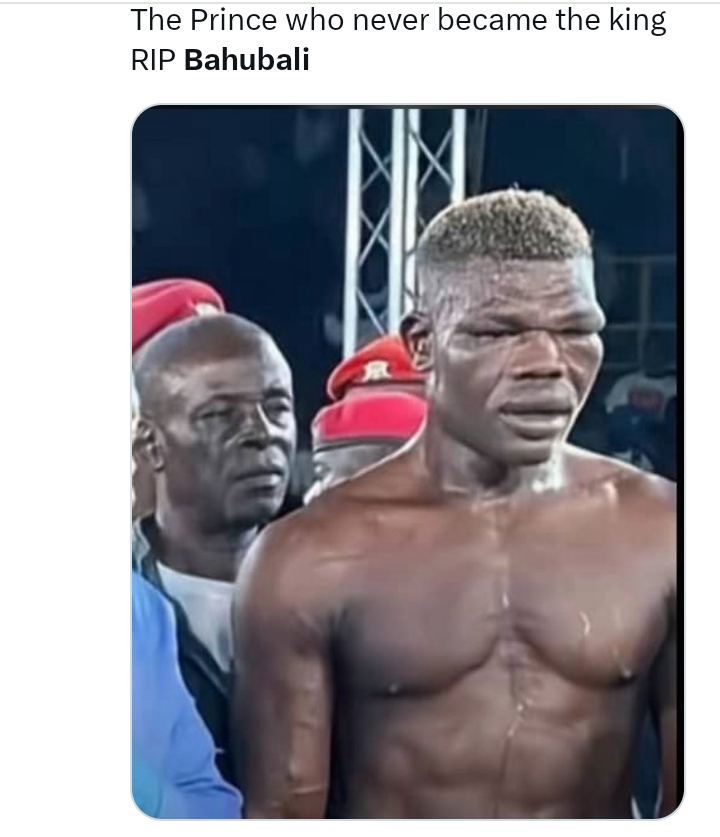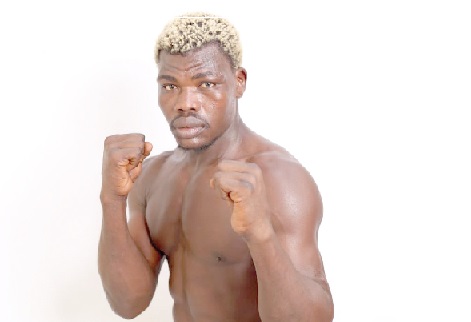Ghanaian Boxing Safety Reform: Protecting Fighters, Preserving Legacy
Ghanaian boxing safety reform requires immediate, non-negotiable action. The recent, tragic death of boxer Ernest Akushey, known as Bahubali, forces Ghanaian boxing to confront painful truths once more. This latest incident, coming barely six months after Nigerian boxer Gabriel Oluwarenju collapsed and died, highlights deep systemic flaws. Boxing offers brutality by its very nature, but it should never equate to a death sentence. Yet, Ghana runs the sport like a relic, gambling lives through outdated structures and weak regulation. This neglect tarnishes a proud legacy and risks an industry once filled with promise.

The celebrated history of Ghanaian boxing, which produced legends from D.K. Poison to Azumah Nelson and Ike Quartey, now faces a serious threat. Beneath this glorious history lies troubling neglect. Too many fighters enter the ring armed only with raw courage and very little support. Currently, medical screenings remain perfunctory or plainly inadequate. Meanwhile, comprehensive insurance packages are nearly non-existent. Furthermore, regulatory bodies clearly lack the modern tools necessary to safeguard these athletes’ lives. Consequently, a sport meant as a beacon of resilience risks becoming synonymous with avoidable tragedy.
The Ghana Boxing Authority (GBA) and all allied stakeholders must act now; they cannot afford further delays. Reform simply is non-negotiable. First and foremost, stakeholders must prioritize health and safety. Every boxer deserves rigorous pre- and post-fight medical checks immediately. These checks must serve as proper tests, capable of detecting head trauma, internal bleeding, and early neurological damage, not merely token rituals. Consequently, modern technology, including advanced heart monitoring and brain scans, must become the accepted standard. These crucial measures represent investments in sustainability and survival, not merely costs.
In addition, insurance is absolutely necessary, not a luxury. Boxers must not remain vulnerable, nor should families face abandonment following a tragedy. Therefore, securing comprehensive insurance packages must happen immediately. These packages must cover death benefits, long-term medical treatment, and serious accidents. Without this essential safety net, boxing remains an exploitative venture where fighters pay the ultimate price. Moreover, governance must definitely evolve. Outdated personalities and structures resistant to change must exit the system. Ghana needs transparent management, forward-looking leadership, and clear accountability. Only then can the GBA genuinely shift from managing crises to preventing them effectively.
Boxing transcends just punches thrown in the ring; it functions as a business, too. Globally, the sport thrives on branding, spectacle, and athletic prowess. Unfortunately, Ghanaian boxing struggles greatly to attract corporate sponsorship. Its marketing remains stuck in the past, completely disconnected from modern trends. The solution is clear: stakeholders must professionalize the sport’s business side quickly. They should embrace live streaming, social media, merchandising, and effective storytelling around fighters to build broad appeal. A vibrant commercial ecosystem for boxing would surely generate funds to improve training, healthcare, and welfare. This proves that safety and sustainability always work together.
However, reform must not only come from administrators and regulators. Change must also involve the athletes themselves. A boxer’s body serves as his primary engine, and indiscipline rapidly leads to disaster. Proper diet, adequate rest, and necessary training are non-negotiable elements for success. Reckless lifestyles, alcohol abuse, and sedentary habits only weaken a fighter’s stamina, greatly increasing vulnerability in the ring. Our boxers must embrace professional discipline immediately.
They must understand that their health remains as vital a weapon as their fists. The deaths of Bahubali, Oluwarenju, and other African boxers cast a long, dark shadow. Nevertheless, they present a defining moment. Ghana must choose reform now to preserve the sport and protect its dedicated fighters. Every single life lost is one too many. The time to act is now, before another tragedy forces regret for not doing enough. Ghanaian boxing safety reform will protect fighters and ensure the sport’s future glory.
Source: Graphic.com.gh



